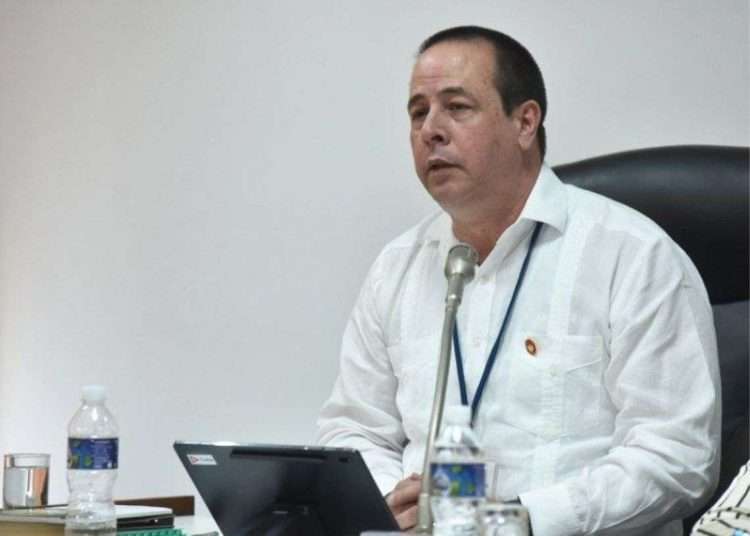The draft of the Public Health Law was presented to the deputies of the Cuban Parliament during a joint session between the Health and Sports and Constitutional and Legal Affairs commissions.
One of the most novel and reviewed contents of the document is the recognition of euthanasia as the right to a dignified death. However, for implementation, a higher-ranking legal provision is required, said Minister of Public Health José Ángel Portal Miranda.
https://twitter.com/MINSAPCuba/status/1602150842093780992?ref_src=twsrc%5Etfw%7Ctwcamp%5Etweetembed%7Ctwterm%5E1602150842093780992%7Ctwgr%5E3b6581b0685f0ee4db113a7559b69f6b70865766%7Ctwcon%5Es1_&ref_url=https%3A%2F%2Foncubanews.com%2Fcuba%2Fciencia%2Fsalud-en-cuba%2Fanteproyecto-de-ley-de-salud-en-cuba-reconoce-derecho-a-la-eutanasia%2F
Portal Miranda pointed out that the draft, in which specialists have been working since 2019, conceptualizes health care, protection and recovery services, updates the organization and obligations of the State and government to guarantee the operation of accessible, free and quality services, and includes user duties, the official website of the Ministry reported.
It is expected that the proposal will be debated among members of the health sector, deputies and the population during tours throughout the country by a working group made up of MINSAP specialists between January and March of next year.
In addition, specialized consultations will be carried out before the presentation of a final draft to the National Assembly of People’s Power, according to the previewed schedule.
If approved in that instance, the new regulations will repeal Law 41 of Public Health, of July 13, 1983, and will enter into force 120 days after its publication in the Official Gazette of the Republic, the information specifies.
During his intervention before the parliamentarians, Portal Miranda highlighted that the draft presented introduces postulates contained in the international treaties ratified by the Cuban State.
In the region, Colombia has regulated euthanasia since 1997; in countries like Argentina, the legislative debate on the subject has speeded up; and, on the contrary, others like Mexico and Ecuador restrict it, with penalties for those who assist in suicide.
The case of Mexico is particular because under the Advance Directive Law, the request not to be subjected to life-prolonging medical treatments is accepted, provided that a terminal illness is suffered.
Spain is the European country that most recently gave way to this legislation, joining the Netherlands (first in the world, 2002), Belgium and Luxembourg. Canada and New Zealand also recognize the right in law.
At the moment, no other country has fully decriminalized euthanasia. Some, like Switzerland, allow physician-assisted suicide which, unlike euthanasia, does not involve direct medical intervention. The health operators only supply the necessary means to the patient, who completes the procedure by his/her own actions and voluntarily. The assistance of third parties is not penalized, as long as they do so for altruistic reasons.










